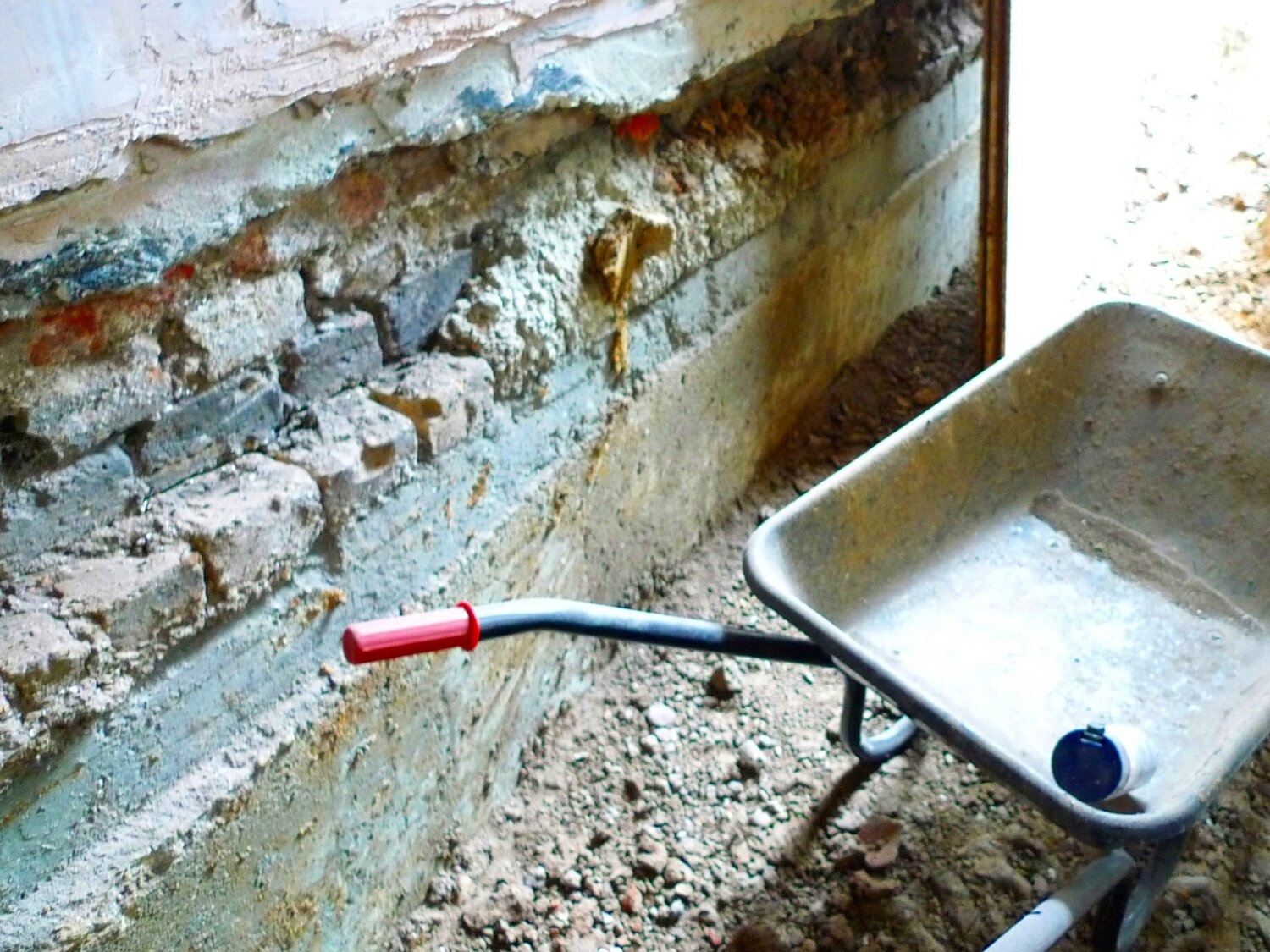What is The Party Wall Act1996?
The London Party Wall etc Act 1996 provides a framework for preventing and resolving disputes between owners of neighbouring properties in relation to work on or close to a party wall or a nearby building. A party wall is a wall that is shared by two or more parties. The Act provides procedures for works carried out directly to party walls, plus certain excavations close to neighbouring buildings and new walls at boundary lines between properties.
Party wall disputes and solutions
Where a building owner proposes to start work covered by the Act, they must give their neighbours notice of their intentions in the way set down in the Act. The Act lays out procedures for notifying Adjoining Owners, who can agree or disagree with what is proposed. Where they disagree, the Act provides a mechanism for resolving disputes.
Why to hire party wall surveyors in London?
The party who wants to carry out the works is known as the Building Owner and those neighbouring owners who are relevant under the Act are known as Adjoining Owners. When a Building Owner plans to undertake works, often some of those works will need to be notified to the Adjoining Owner. Examples of works that a Building Owner must notify to Adjoining Owners include cutting into the party wall in order to insert steel beams or for other purposes, underpinning the party wall, increasing the height of an existing party wall, demolishing garden walls, and rebuilding them for certain purposes, excavating for the purpose of constructing a new building or building a new wall at the boundary line with a neighbour, to name a few.
Expert party wall advice in London
When an Adjoining Owner receives a notice from a Building Owner, they may choose to agree to allow the construction to proceed without the need for party wall surveyors to be appointed. They may also ‘dissent’ to the works and raise a ‘dispute’, in which case a surveyor must either be engaged to act on behalf of both parties or each party must appoint their own surveyor. In this case, the surveyor or surveyors will attend the Adjoining Owner’s property in order to perform a detailed schedule of existing condition, and will then draft and agree upon a document called an Award. An Award is a legally binding document that determines which works may take place, how and when they may take place. In all normal circumstances a Building Owner will be responsible for the fees of the surveyor or surveyors acting.
Hire Expert Party Wall Specialist in London
The terms ‘dissent’ and ‘dispute’ are used in a strictly legal sense and do not necessarily mean that a neighbour is objecting to the Building Owner’s works. In any event, the Act is an enabling act, which means that it is there to facilitate a Building Owner’s works and cannot be used to prevent works from taking place. Once an Adjoining Owner has been notified of a Building Owner’s works, they have protections under the Act in the unlikely event that the Building Owner’s works cause damage to their property.


